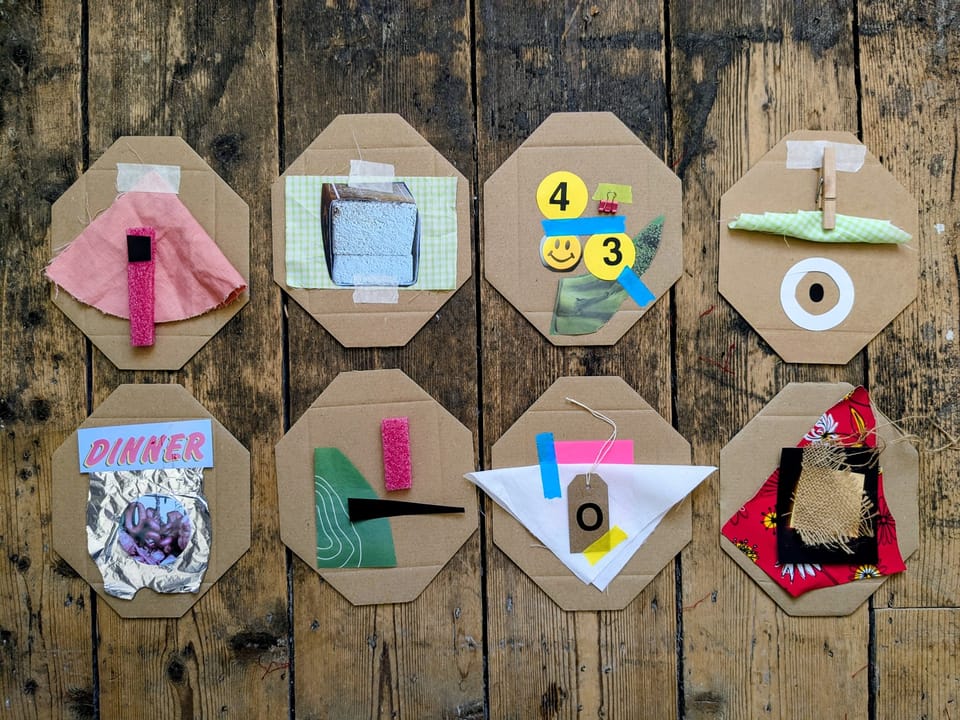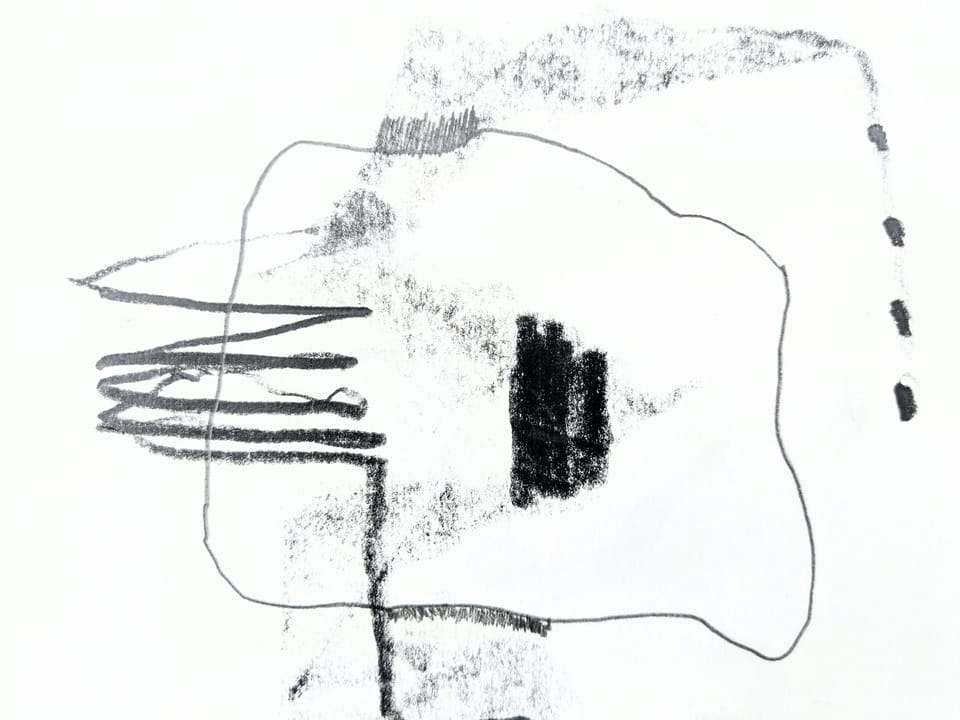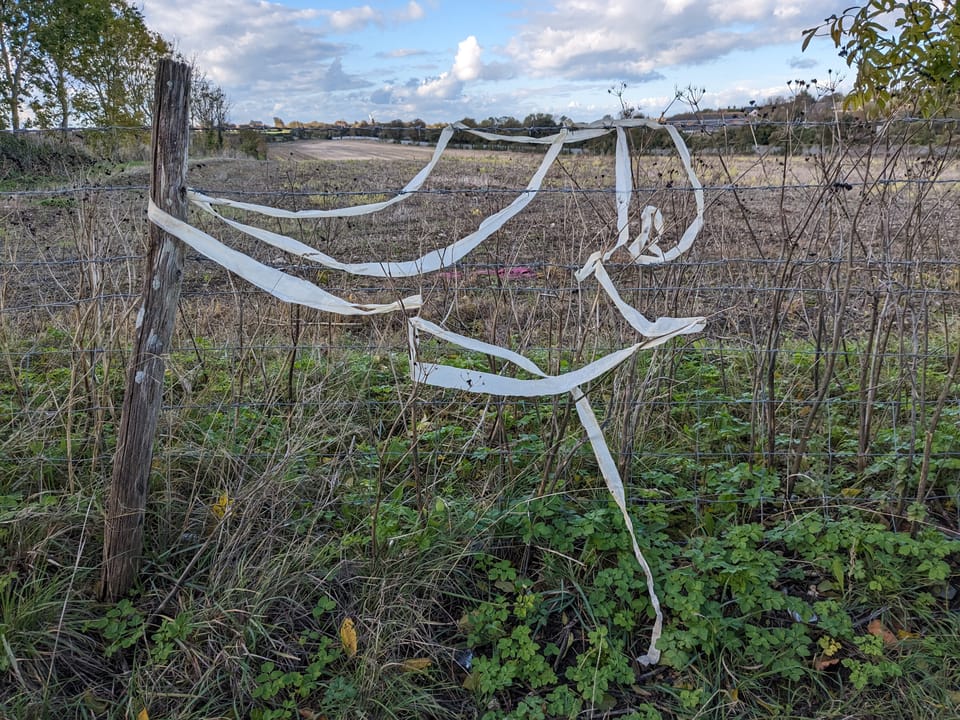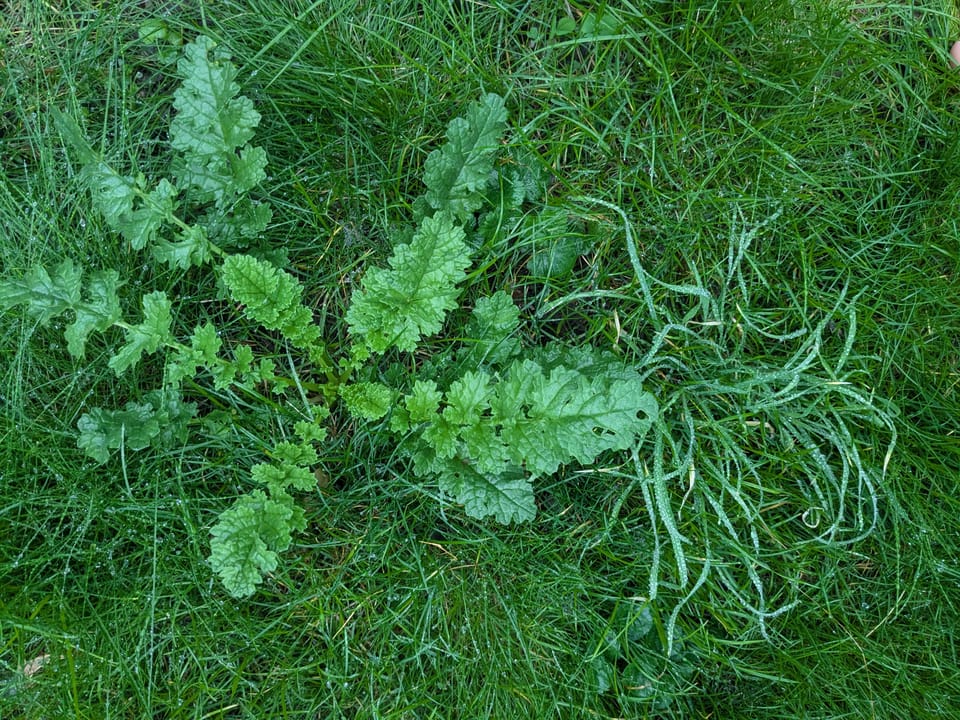Praxis # 6
How might inner imaginal experiences not only soothe the time-poor weariness of our daily lives and suspend the oppressive constraints of capitalism, but also affect the world beyond this micro manifestation?
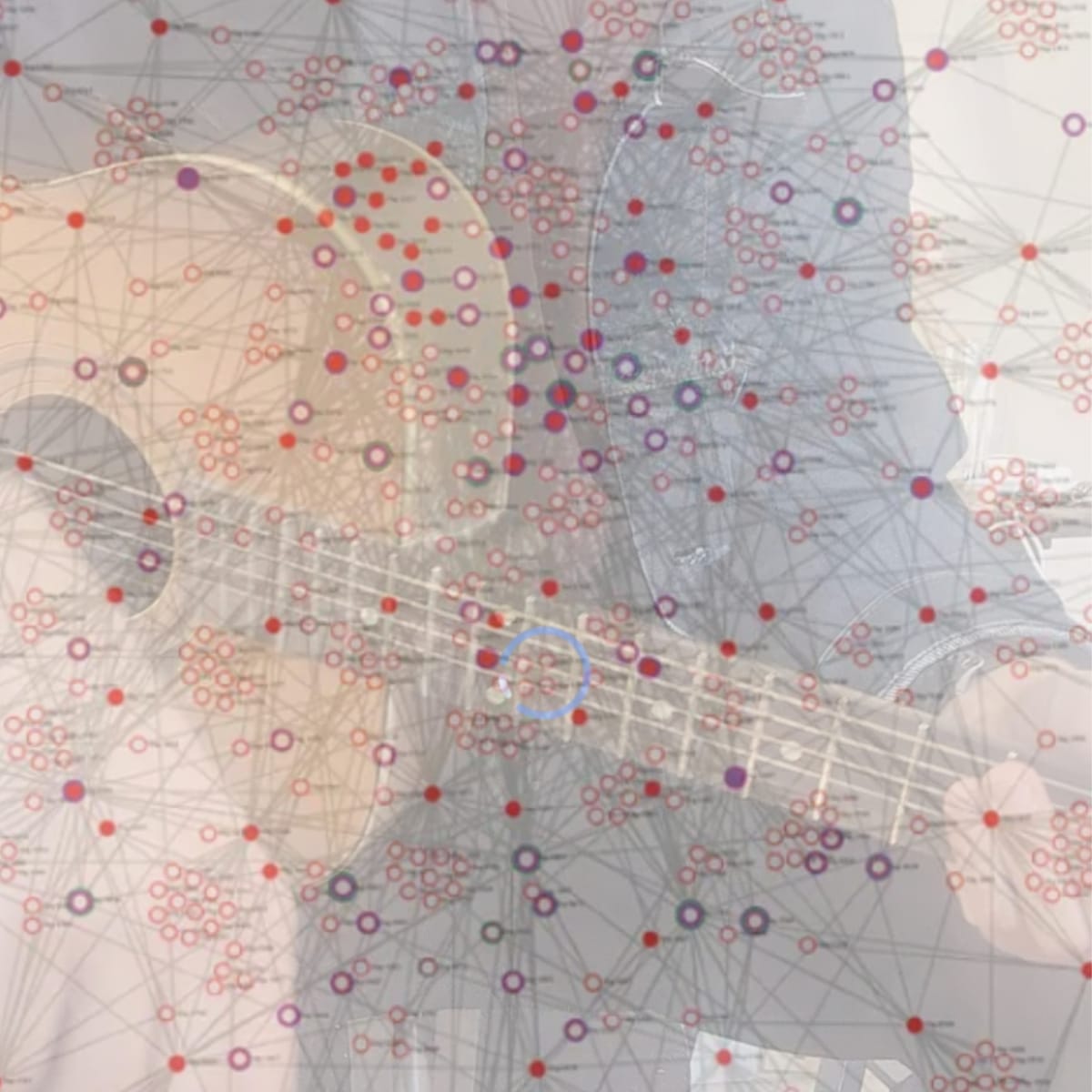
How might inner imaginal experiences not only soothe the time-poor weariness of our daily lives and suspend the oppressive constraints of capitalism, but also affect the world beyond this micro manifestation?
'What will it take for kids…to behold futures filled with joy, justice and wellbeing…to play at life?’ Ruha Benjamin, Imagination - A Manifesto
I conjure an otherworldly arrangement of imperfect loops and noises, un-gravitating and hanging together with static and buzz. It’s like internal bodily reverberations as much as galactic gestures, transmitted across some distant AM radio wave. It’s an unusual dialect, or attempt at speaking, collaging messages between extra terrestrial - human exchange. There’s ancient messages hidden in there, tip-tapping to reaffirm/confirm existence or provoke a call-response across light years and space dust.
Sometimes concerned about the contradiction between my practice and my preaching, ie the solitary artist in a world urgently demanding reconnection in the social, relational realm, I was comforted to read: 'There is no form of human creativity that does not rely on direct, mediated, or implicit social interaction or exchanges. Even when working in solitude, we implicitly build on and respond to the views, knowledge, and expectations of other people' Advancing Creativity Theory and Research: A Socio-cultural Manifesto’. It validated my strange, solo, forays into imagined soundscapes and makes me wonder who and what is with me, in the room as I mess about in my sonic-matter-playground. I wonder how these micro encounters of creative action might hold social value after all?
Running this morning, I was struck by a moment of clarity. Since training to be a teacher and discovering Paulo Freire’s Pedagogy of the Oppressed, I’ve been preoccupied with his concept of 'conscientization' or critical consciousness and how it might be drawn out or emerge in/with/through arts education. Developing a critical pedagogy has felt urgent yet sometimes elusive in how it is constructed in spaces of learning with the arts. Evidence of it has been explicitly reported at AEE. One young person, after 18 months with AEE proclaimed: ‘But I’ve come to realise now there’s nothing wrong with me, it’s just the systems that are around us and the systems that are put in place are failing’. First, reading this quote filled me with hope and satisfaction but it puzzled me. I wanted to understand how this pretty seismic shift from ‘I’m the problem’ to a sophisticated, critical and systemic perspective of his life as interconnected with and affected by the social and economic structures he exists in, when there is no explicit 'social teaching' at AEE. Then, as my head cleared on the cabbage fields of Thanet, as if moving my body shook away the congestion of the weeks cognitive build up, I remembered the recurring theme of time appearing in various conversations and research over the last few months. Institutions are climates of drought, time has all but dried up. But time still exists, right? Yes, but it has already been systematically allocated by a higher, dominant power, each division, a quantified unit, has been accounted for. ‘Play time’ is the only pocket of unstructured yet surveilled gaps in the day. So what’s missing? what is there no time for?
Critical consciousness is born in the social and material conditions that afford us the time to think differently in an otherwise oppressive, rigid structure of fixedness and binaries. These unmonitored, space-time-matter dimensions are where we might find salvation and connection. Critical consciousness is not taught, it’s co-cultivated in time rich environments that reconnect our bodymindsouls and makes real the felt sense of existence with not because of or at odds with. It networks from node to node like the rhizome or mycelial hyphae between humans in space and unchecked time. It is embodied in spaces where we see, hear, dream, move and rest.
Then I read this...
'Above all, play, in whatever form it takes, is a necessity. That is why play deprivation, which robs so many of the time and space to exercise their imagination, whether as dreaming or theorising, is something we must confront with the seriousness we might address other forms of theft. Filmmaker Alex Rivera put it well: “the battle over real power tomorrow begins with the struggle over who gets to dream today”.’ Ruha Benjamin, Imagination - A Manifesto (p119)
... how might we spring an oasis in the barren desert of education? a land that’s been extracted from beyond all signs of life. How can we reimagine how we spend our time or more importantly how young people expend their educative hours in school. Where are the cracks that seeds might fall and sprout life? and how might we characterise our relationship with the world by “symbiosis not superiority”?
Stacked like Russian dolls bearing down on its deepest embryo, the weight of hierarchy is high on fear and anxiety, crushing joy and justice from a crumbling system. But ‘we can imagine otherwise’, given the space and time to play.
‘WHAT, THEN, WOULD LIBERATING imagination look like?'
If capitalism and white supremacy culture demands a sense of urgency, either or thinking, quantity over quality, objectivity which in turn exacerbates the violence of structural inequality, then we need to create space to slow down; to see, feel and embody the interdependency and plurality of existence; reject goal orientated criteria and embrace our subjective realities. Time and permission to feel, imagine and create the lives we want to live.
So in all of this I think there is a rationale, in all aspects of life, be it education, recreation, research, creative practice, organisational governance etc, to invest in and encourage a different experience of time. I am saying that time slowing down, doing ’nothing’ (with our conscious minds at least) with no outcomes holds significant value and meaning, beyond the funding and societal structures that impose objective narratives. Tinkering, playing, meandering, experimenting are all part of resisting structures of fixness and harm.
………...
Unless referenced directly, all quotes are from the amazing Ruha Benjamin and her book Imagination, a manifesto: https://www.ruhabenjamin.com/imagination-a-manifesto
She has also created an Imagination Playbook with loads of games and activities to use with groups.
………….
‘Praxis’ is a series of personal reflections based on something I’ve made, using improvised sound and visual work as a starting point for critical writing.
